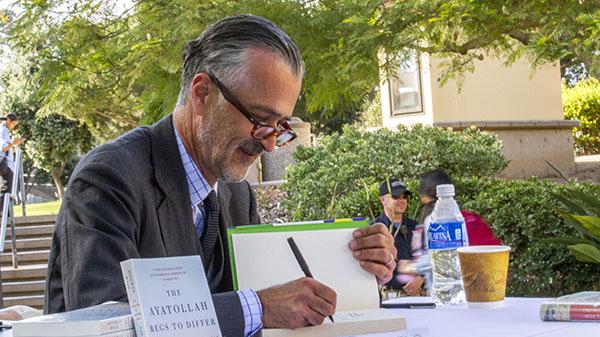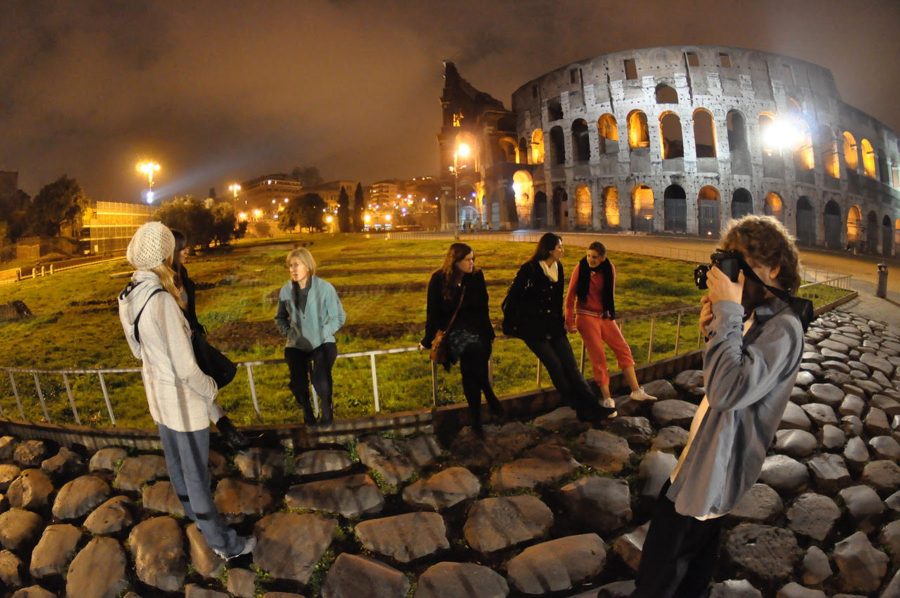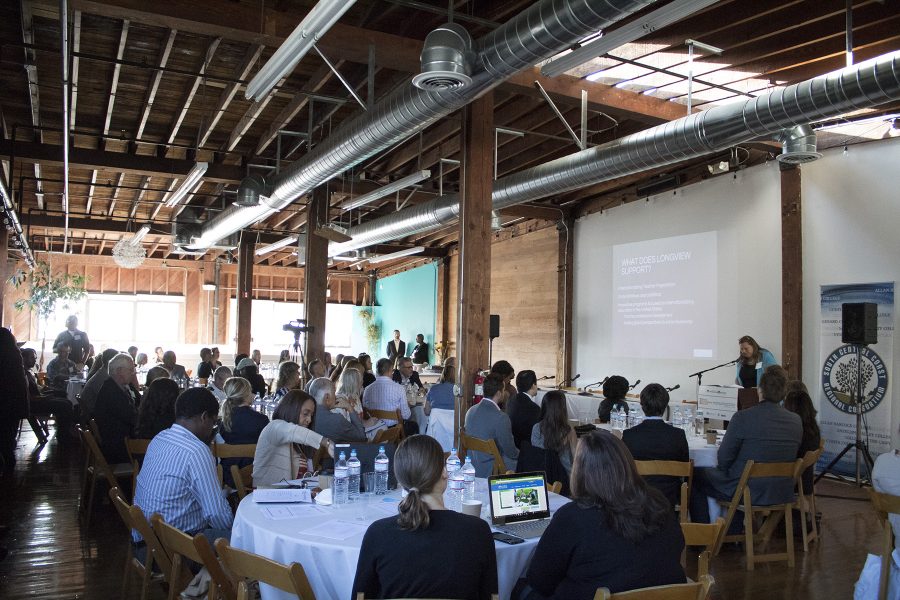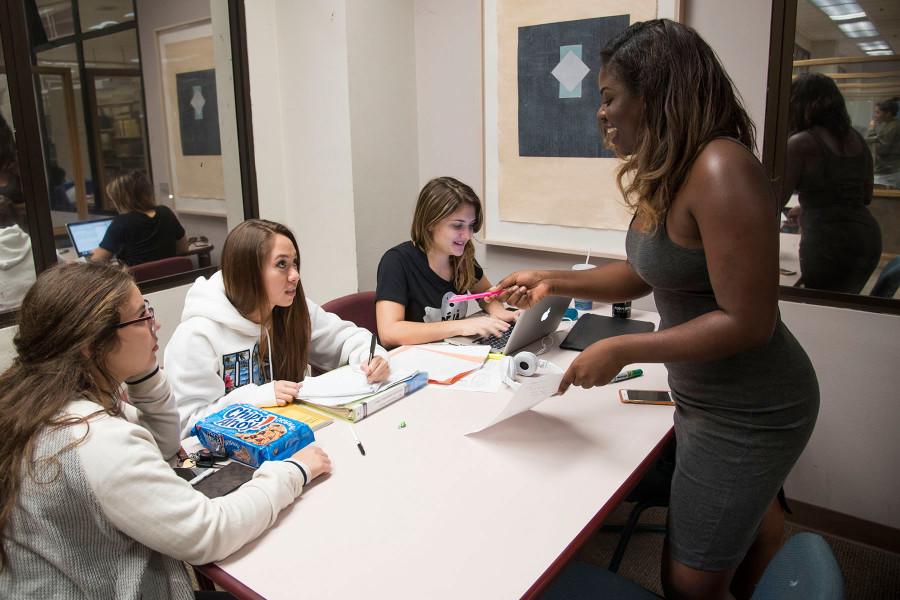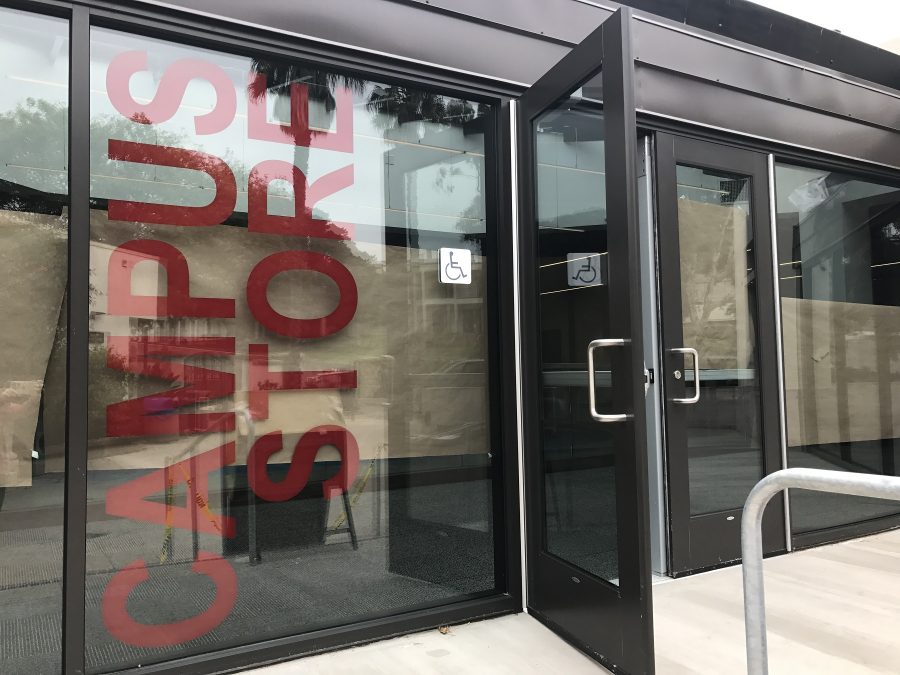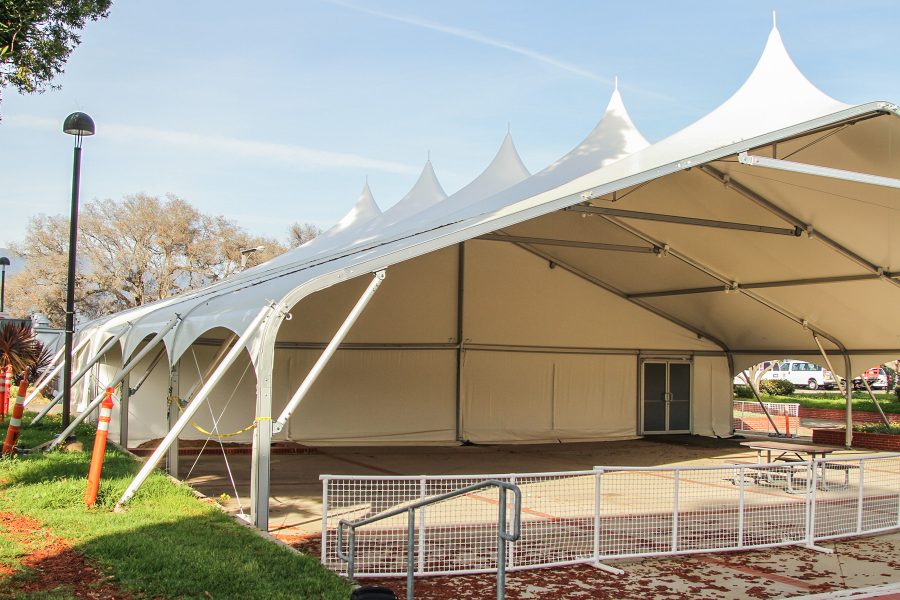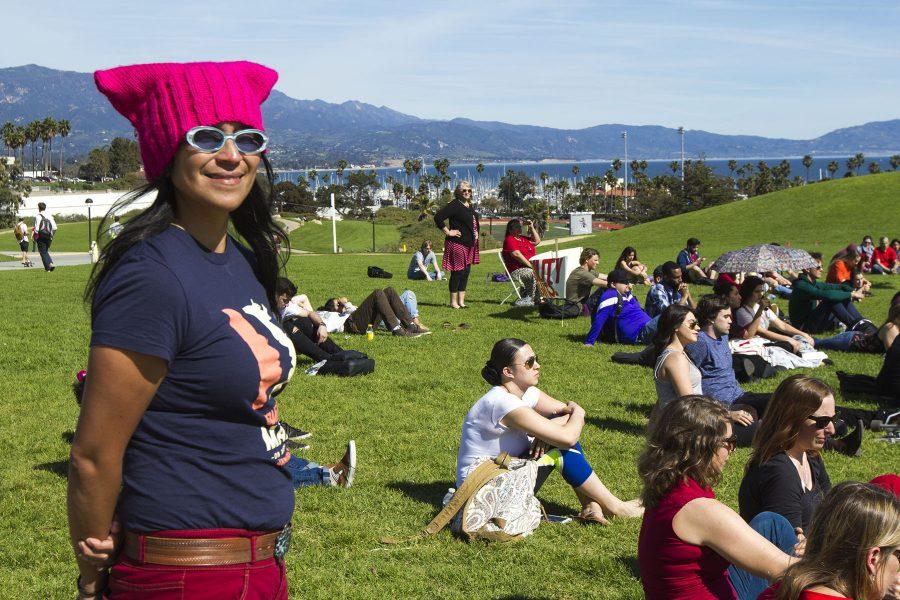Iranian-American, Hooman Majd, visited City College to deliver a speech on the 2013 Iranian election on Thursday, Oct. 10, in Administration Building 211.
The author, journalist and American music executive was dressed in a full suit with slicked back hair. He effortlessly demonstrated to people that he was very down to earth through conversation in the well-lit auditorium. The Middle East Studies Program hosted the event.
As Majd stood waiting to be announced in the doorway, all eyes met him with a general sense of interest.
Majd went into detail covering the unique outlook of Persian culture within Iran and how the country doesn’t value western influence as a guide to live their lives by. His calm demeanor was also on display during an interview The Channels did with him prior to the speech.
“The USA’s role isn’t what it was in the past, and that we cannot dictate to other countries—we thought we learned this in Vietnam and in Afghanistan,” Majd said. “There’s a vibrant culture in Iran. They know most of what is going on in the world but what they don’t want is to be dictated.”
The political science department, Phi Theta Kappa, the SBCC Honors Program, the global studies program and A Year Without War also helped bring Majd to City College.
Majd is the author of many non-fiction works including: “Ayatollah Begs to Differ: The Paradox of Modern Iran,” “Ayatollah’s Democracy: An Iranian Challenge” and the upcoming release, “The Ministry of Guidance Invites You to Not Stay.”
The room was filled with more than 150 people, leaving only standing room. The stairs were full of people who sat with anticipation as the speech proceeded. The opening of the speech began with a recording of a phone call between former U.S. President Lyndon Johnson speaking with the Shah of Iran in 1965.
The recording contained President Johnson’s persuasion of the Iranian Shah pertaining to what Iran should do according to American expectations and will.
When asked in an interview about the legitimacy of the past elections in comparison to the recent election, Majd replied, “It was different in the sense that [no Iranian voters] felt the election was rigged and Iranians didn’t feel as if the choice was as limiting.”
Majd’s speech noted and respected the choices recognized during the Iranian election. He made it very clear that the people of Iran were secure with their display of democratic principles during the election on June 14, and that Iranians were proud of their nation’s sovereignty.
It was humorously reiterated by Majd that the people of Iran don’t want “blue jean” western culture or influence. He mentioned the Iranian youth are among the “most politically active” in the nation and they are not restricted from “blue jean” culture, they only prefer their nations culture.
“[Iranians] know most of what is going on in the world but what they don’t want is to be dictated,” said Majd.
The current Iranian President Hassan Rouhani isn’t in favor of nuclear development; he is pushing for women’s rights and is working towards increasing national ties through global affairs.
“There tends to be a lack of disparity between candidates,” said Majd. “There was a difference in the 2013 election with Hassan Rouhani.”
The majority of students and viewers were engaged either with a pen and note pad or attentive sets of ears and eyes.
The speech left the audience with a general sense of understanding about the significance of the 2013 Iranian election and the culture that shapes the political agenda of the Iranian nation.
“I went to the speech because I was interested in hearing about Iran from Majd after I saw a flyer for the speech in the library,” said Treneir Woodland Jr., Marine Diving Technology student who attended the speech at his own volition. “It was spontaneous and I’m glad I went.”


